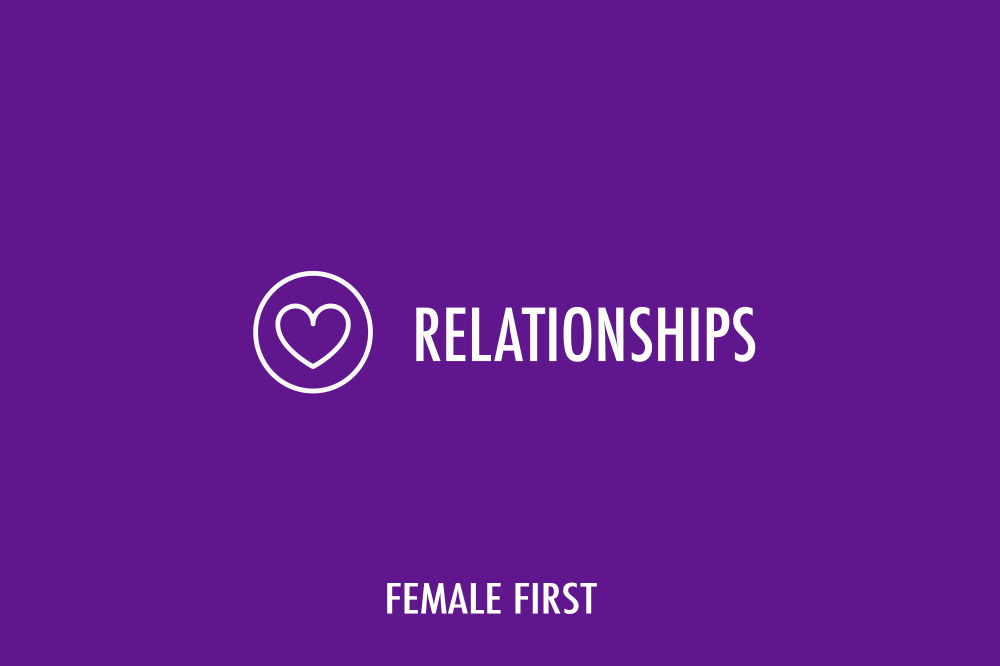Researchers have said that silence is one of the most common ways couples use to deal with any conflict that there is within their relationship. This is due to the perceived demands of their partner and the expectation that they are trying to start a fight.

Relationships on Female First
The less you talk- the more aggressive and anxious you become and your interactions are with your loved one.
We take a look at the reasons why silence is so harmful within a loving relationship.
It's disrespectful
If you are able to talk to others about your problems but not to your partner it shows little respect for them- as they should be your first point of call if you feel aggrieved by anything going wrong in your partnership.
It's not productive
If a partner has to guess what it is that they have done wrong, they might be totally off the chart, which serves no purpose because it might bring up an issue that is not relevant at the time, thus adding another problem into the mix.
It's a form punishment
Shutting someone out to punish them is something we learn to do as kids- as we might slam the door in our teenage years- we do this with our emotions and minds when we get older. How can you punish someone if they are not aware of their failings or have not had the chance to redeem themselves?
It's a cycle
A predictable pattern of behaviour forms- he/she nags or asks lots of questions- but if the other asks why they are acting in this way- it's inevitably because the other doesn't communicate well with them, which leads to him/her thinking that their partner is not invested in the relationship. Both partners are reluctant to see how their own behaviours contribute to this unending process.
Silence speaks louder than words
If you are silent in your relationship- this is more damaging than speaking up because problems are left undiscussed and thus unsolved. Although it may seem like the most diplomatic thing to do- it is actually the most detrimental.
It's perceived power
The common misconception is that silence is controlling- however the person who is being silent is the one feels utterly powerless and small because they are not able to verbalise their feelings. The intention is to gain power from doing it when the rest of their world has no control- however they lose grip by choosing this method.
Anger is misjudged
If you are not acknowledging your emotions- then anger becomes distilled or exacerbated and no changes can be made- because he/she feels they can't express the full extent of their reaction to the situation.
It's habitual
Silence is a hard habit to break if the quiet partner is afraid of confrontation and anticipates that by speaking up- it will always end in a fight.
Your sex life suffers
Your sex life becomes affected because your mind might be filled with reasons not to like your partner in that moment and when the mind and body are disconnected during sex it's one of the most significant mood killers.
How to avoid the silent treatment
Don't attack your partner's character- If you list all the things that are negative about their personality from one snapshot of time- they might be left with the question of why you are with them in the first place if there are so many things about them that you don't like.
Think about the underlying reasons for these behaviors- The person who is vocal might feel that they are not being heard, the quiet partner could be trying to protect themselves from conflict. Ask yourself why you are behaving in this manner and explain it to your partner in the hope that they will reciprocate.
Accountability- Be accountable for your emotions- it is not all your partner's fault- similarly it's not all of yours- so be honest with yourself and your loved one or they will always feel they are in the wrong.
Time- Couples need to take some time to calm down- so if you feel you are going to say something you might regret- take a moment to step back and think about what you really want to say. If you have an ongoing issue- schedule time in the day or week when you can discuss this and make a promise that you will not shout at each other but talk openly about the problem and listen to the other point of view.
Sorry- If you feel you have been unfair to your partner in any way then apologizing goes a long way. It is an acknowledgement that you made a mistake or vice versa and that neither one of you is perfect- you are just doing the best you can with the tools you have and the experiences you have had of other relationships within your family circle.
tagged in Family Partner Relationship
